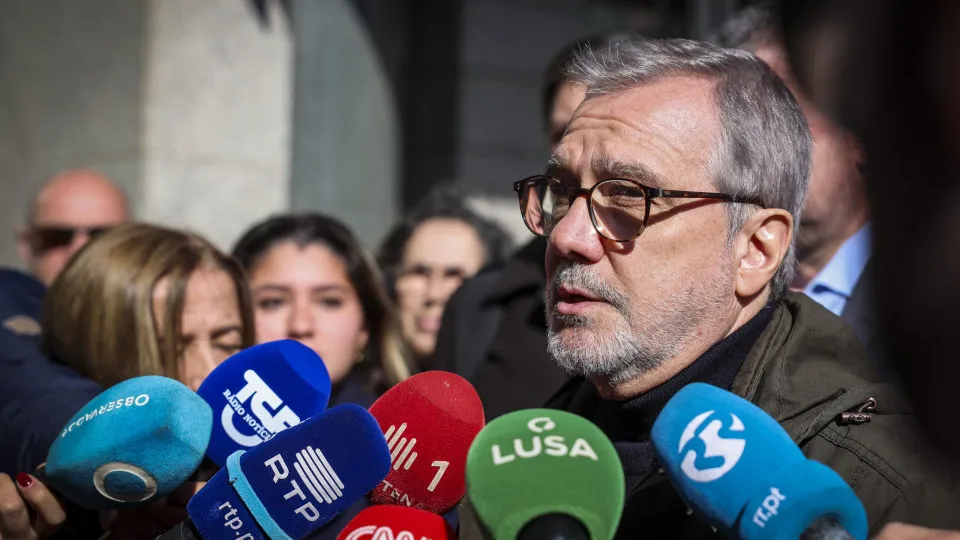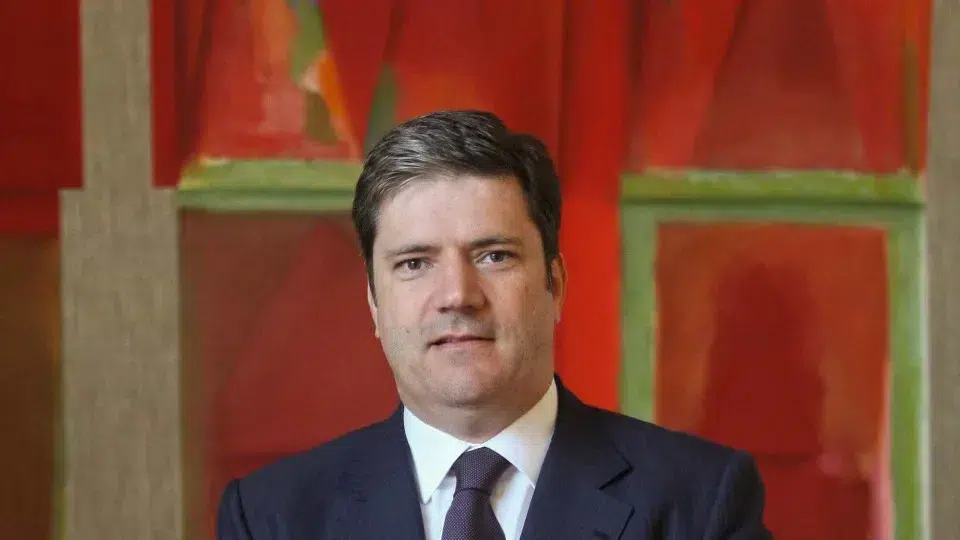
The Secretary-General of UGT, speaking in Lisbon, criticized the Minister of Labor, describing her as a technical expert who lacks the ability to create a negotiation-friendly environment, but affirmed the continuation of dialogue.
“The Minister [of Labor] is a technical expert. She lacks the flair for fostering a conducive negotiation atmosphere, but this will not deter UGT from staying at the table,” stated Mário Mourão, addressing journalists in Lisbon at the debate “The Reasons Against Labor Reform,” organized by the Associação Causa Pública.
At the same event, the Secretary-General of CGTP criticized the Labor Minister’s difficulty in explaining the government’s rationale behind the labor reform legislation, accusing her of being unfamiliar with the institutions involved in the discussions.
“The Minister shows tremendous difficulty in justifying the government’s reasons for pushing this reform,” he remarked.
CGTP and UGT have jointly called for a general strike on December 11, in protest against the draft labor reform law proposed by the government.
Is the Strike “Inopportune”?
In an interview with RTP on Wednesday, the Minister of Labor expressed her belief that the general strike will proceed, though she deemed the strike as “inopportune,” stressing it should be a last resort as it is “detrimental.” In the same interview, Maria do Rosário Palma Ramalho also asserted that CGTP would never sign an agreement.
In response, CGTP’s Secretary-General accused the Labor Minister of not understanding the history of the institutions involved in negotiations, highlighting that the union has previously signed eight agreements within the framework of Social Concertation.
“The Minister should be well-informed to address the questions posed to her,” emphasized Tiago Oliveira.
For UGT, the issue is “very serious,” expected to impact workers’ lives, and the ongoing debate serves as a platform to clarify any doubts about participating in the general strike.
The union emphasized that the strike is an “opportunity” when dialogue fails, and anticipates “significant support” to strengthen negotiations. Mário Mourão mentioned that UGT was invited to continue negotiations, but if dialogue fails, other forms of protest might be considered.
The UGT Secretary-General described as “very constructive” the meeting on Wednesday with the Prime Minister, Luís Montenegro, and the Labor Minister at São Bento, although “the strike will continue.”
Both UGT and the government expressed willingness to “continue working towards finding common ground to determine if an agreement is feasible,” Mário Mourão concluded after the over-hour-long meeting.
Following the strike announcement, the Ministry of Labor presented UGT with a revised proposal, with some changes to the draft issued in July. However, the union deemed the revisions “insufficient” to call off the strike.
The document indicates government concessions in areas such as simplifying dismissals in mid-sized companies or reducing mandatory training hours in micro-enterprises. It also opens the door to reinstating three vacation days previously eliminated by the ‘troika,’ among other amendments, yet maintains several contentious measures, like the return of individual time banks and the repeal of restrictions on ‘outsourcing’ in dismissal cases.




